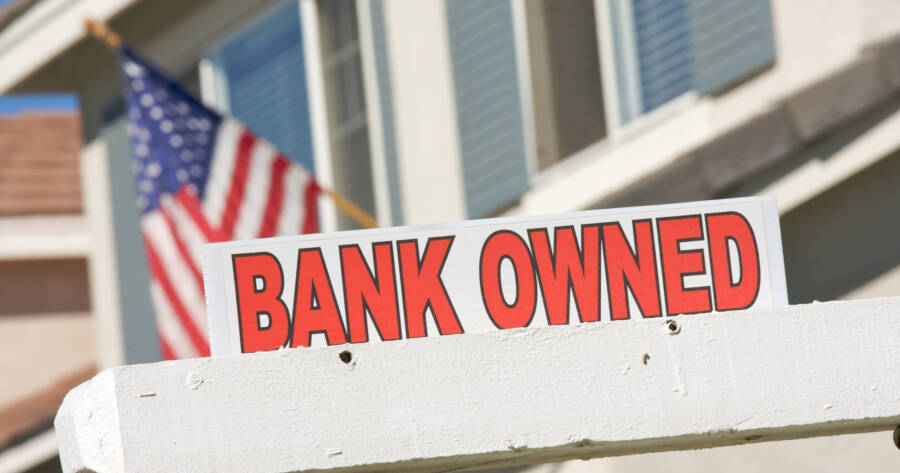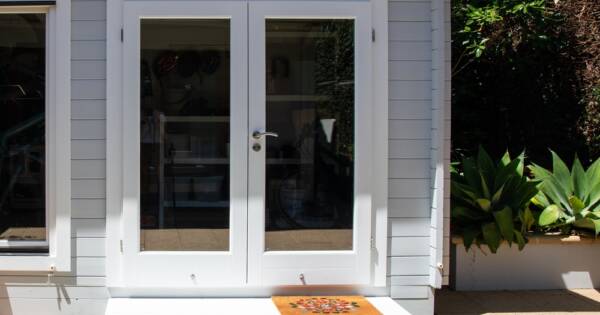Start building wealth by investing in bank-owned properties. These foreclosed or repossessed homes are often sold below market value, offering a chance to acquire valuable real estate at a lower cost. Whether flipping or holding for long-term gains, this strategy could unlock significant investment potential.
Explore Bank-Owned Real Estate Assets
Investors looking to enter the real estate market can find great opportunities by exploring bank-owned properties. These properties are typically acquired by banks through the foreclosure process when borrowers default on their mortgage payments. As a result, banks are motivated to sell these properties quickly, often at a discounted price. This presents a unique opportunity for investors to acquire real estate assets below market value.
Bank-owned properties can come in various forms, including residential homes, commercial buildings, and vacant land. This diversity allows investors to choose from a wide range of options based on their investment goals and preferences. Whether an investor is looking for a fixer-upper to renovate and sell for a profit or a rental property to generate passive income, bank-owned properties offer a variety of possibilities.
When considering bank-owned properties, it is important to conduct thorough due diligence. This includes researching the property’s condition, title status, and any potential liens or encumbrances.1 Working with a real estate agent or attorney experienced in bank-owned properties can help navigate the complexities of these transactions and ensure a smooth process.
Furthermore, investors should be aware of the potential risks associated with bank-owned properties. These properties may require significant repairs or renovations, which can add to the overall cost. Additionally, there may be competition from other investors, leading to bidding wars and potentially driving up the price. It is crucial to carefully evaluate the property’s value and potential return on investment before making a purchase.
Secure Properties Below Market Value and Gain Yield Potential
One of the primary advantages of purchasing bank-owned properties is the opportunity to secure properties below market value. Banks are typically motivated to sell these properties quickly, often resulting in discounted prices. This can provide investors with an immediate equity advantage, allowing them to acquire assets at a potentially lower cost compared to properties on the open market.
Moreover, bank-owned properties may offer higher rental yields compared to traditionally purchased properties. The lower acquisition costs can translate into higher cash flow and return on investment for investors.2 Bank-owned properties can provide attractive rental yields due to their lower purchase prices and potential for increased rental income.
Investing in bank-owned properties can be particularly beneficial in areas with high rental demand. By acquiring properties at a lower cost, investors can offer competitive rental rates while still generating a healthy profit.
Benefit from Simplified Acquisition Processes
Another advantage of purchasing bank-owned properties is the potential for a streamlined acquisition process. Banks often have established procedures and resources in place to facilitate the sale of their properties. This can simplify the purchasing process for investors, saving them time and effort compared to traditional real estate transactions.
When dealing with bank-owned properties, investors may have access to specialized financing options offered by the bank. These financing options can include favorable terms and conditions, such as lower interest rates or flexible repayment options. Working directly with the bank can provide investors with a smoother financing process and potentially more favorable loan terms.
In addition, banks may provide disclosure documents and property information upfront, allowing investors to make informed decisions. This transparency can help investors assess the property’s condition, potential risks, and estimated repair costs before making an offer. It is still advisable for investors to conduct their own inspections and due diligence to ensure they have a comprehensive understanding of the property.
Learn More Today
Purchasing bank-owned properties can be a lucrative investment strategy for those looking to enter the real estate market. However, it is crucial to conduct thorough due diligence, evaluate the property’s value and potential return on investment, and seek professional guidance to mitigate risks and maximize the benefits of investing in bank-owned properties. Discover the possibilities today and learn more about available bank-owned properties in your area.


